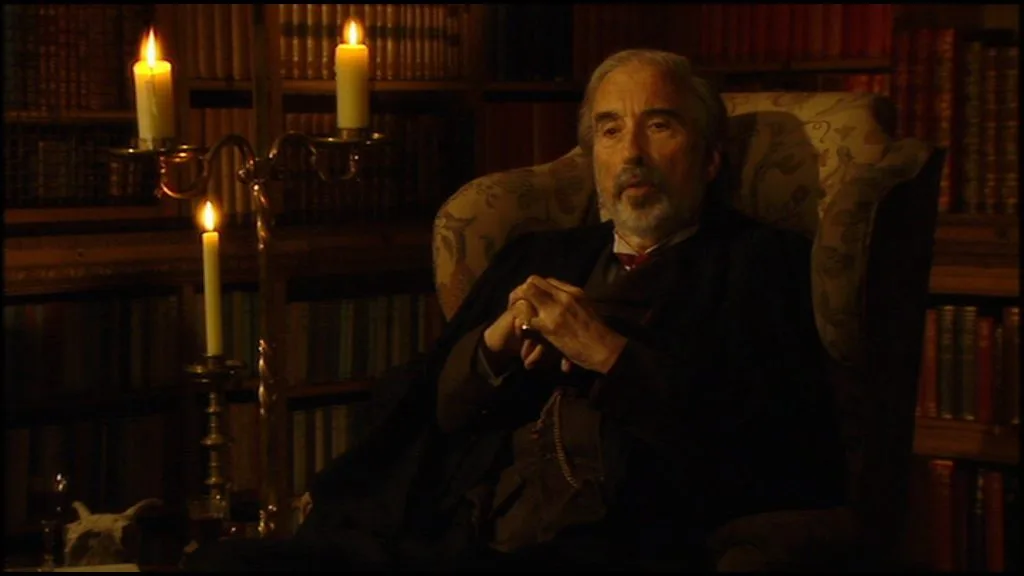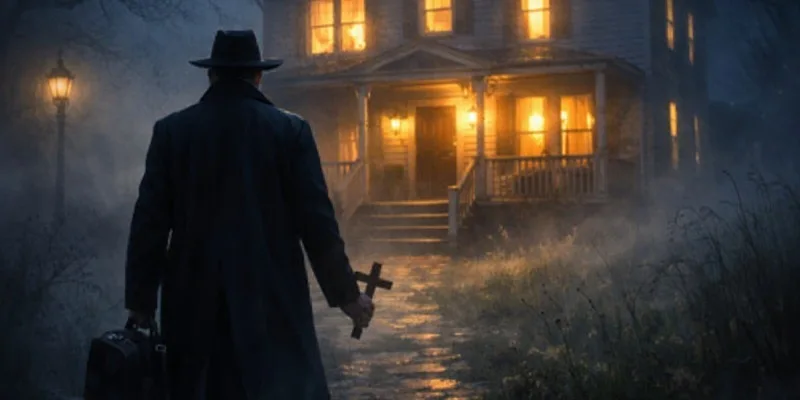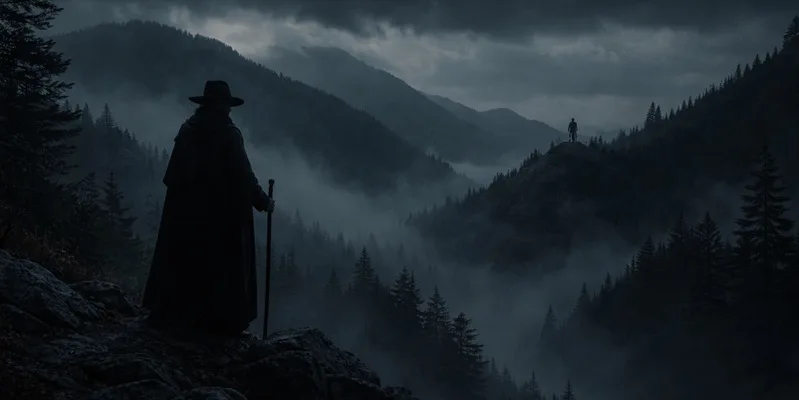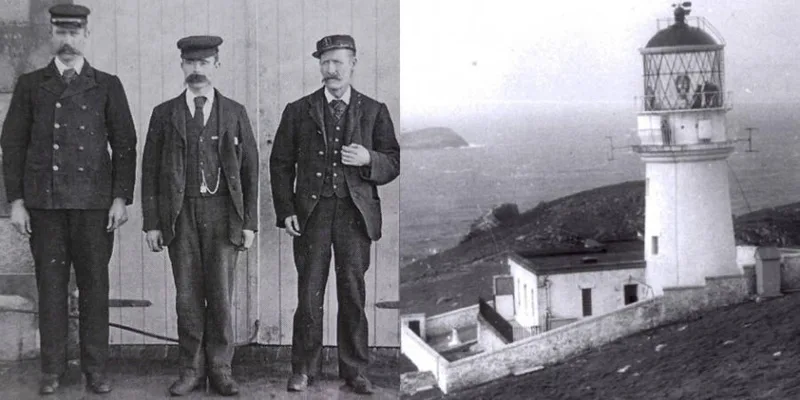Christmas Ghosts
Traditionally, Christmas Eve is a time for families to gather in fevered anticipation of the feasting and gift giving that constitutes Christmas Day itself, at least for the majority of us. Usually, the final Christmas preparations are put in place: presents are wrapped, special secret gifts are removed from a cunningly concealed hiding place and festive food is pre-prepared in order to cut down on cooking time the next day.
Christmas Eve may be our first time to relax from the overwhelming schedule that is forced upon us, and without noticing at first, that evening, the atmosphere might change, almost imperceptibly, but it changes none the less. Of course, some explanation is owed to all the cultural and religious baggage from the nativity of Judaeo-Christianity tradition, but something just feels different, like a haze in the atmosphere. An eerie silence may descend at some point towards 12 am or shortly after. It might be as simple as a lack of road and pedestrian traffic outside your residence that evening. That in itself can be unnerving, more so than you realise when it only occurs once a year. It may be tiredness caused by post-Christmas exhaustion that causes you to go into a thoughtful and reflective reverie. Indeed, as the poem goes, ‘not a creature was stirring, not even a mouse’.
Such silence can trigger moments of deep thought and reflection in us. Perhaps your thoughts go to those who can’t be there tomorrow and never can be again. Those we have loved, cared for and lost. We have our memories, but not the person. But these memories can linger and become more intense, especially at junctions such as Christmas, with heightened emotions. Dead relatives and friends come to the forefront of our minds. Even if they don’t visit us, they are with us.
Despite the jollity of the season, there can often be a persistent grey melancholy just under the surface. Christmas Eve falls only a few days on from the winter solstice, the shortest day of the year and one with rich symbolism. On the build-up to Christmas, the days have been steadily drawing in. The darkness envelops and with the darkness, the unknown and mysterious beckon us. It is indeed the bleak mid-winter as the poet Christina Rossetti wrote, where ‘earth stood hard as iron, water like a stone’. You feel the cold in your bones. This is the darker side of Christmas and one well known to our artists and authors who have given voice to the uneasy and paranormal feelings that we can have at this time of year.
In Western culture, Halloween is the premier and far better known time for the mysterious and nebulous veil between the living and the dead to be at its most delicate, where both worlds are at a nexus and the dead can cross over into the kingdom of the living. However, Halloween has no such monopoly on this phenomena.
Christmas Eve has been imbued with its own supernatural elements and many of our well-worn traditions stretch back to our far more ancient and primitive past as well. The yule log chocolate cake that many of us consume was originally part of the Nordic tradition where an entire tree was bought into the house and burnt at the hearth. The use of holly, mistletoe, wreaths and trees is in itself an ancient pagan ghost that we invite into our home once a year; symbols of renewal, life and greenery during the bleakest months of the year that we hope can sustain us through the empty months of winter to the eventual rebirth of spring. They have been cleverly co-opted by Christianity, but the more archaic meaning has not been entirely lost on us. Examine your own house at this time of year. You probably have decorative angels somewhere. Supernatural beings that some people have claimed to have seen, including my own grandmother.

It’s no coincidence that the crux of Charles Dickens’ A Christmas Carol was set on Christmas Eve at midnight. The three ghosts that visited him were the unwanted elements of his own psyche. His regrets, his past loves his sorrowful wrongs that could no longer be undone. All of this made supernaturally manifest and triggered by the silence on Christmas Eve as he sat next to his sputtering fire, devouring his cold, flavourless, but cheap gruel. These visitations may have been terrifying, but they made him view the error of his ways.
The Father of the ‘English ghost story’, M.R James also set many of his stories on Christmas Eve as well and would apparently read them to undergraduates at Cambridge University. These were later adapted by the British Broadcasting Corporation into a series called Ghost Stories at Christmas in the 1970s. The gothic novel, The Turn of the Screw, by Henry James, was also set on Christmas Eve, again reflecting this as a time for supernatural activity.
This phenomena of literature reflecting unease and ghostly encounters at Christmas has continued uninterrupted to the present day. A brief look through Amazon brings up titles such as these: Christmas Ghost Stories: a collection of winter tales, Classic Ghost Stories: Spooky Tales to Read at Christmas, The Valancourt Book of Victorian Christmas Ghost Stories, Spirits of the Season: Christmas Hauntings and Christmas Eve on a Haunted Hulk: A Ghost Story for Christmas. Incidentally, there also appears to be an obsession with tales of murder at Christmas as well, echoing the darker and less cosy side of our psyche at this time of year. Films such as The Nightmare Before Christmas and Krampus reflect the odd, and again, paranormal aspects of Christmas in a more contemporary setting.
Perhaps we crave an antidote to the often unrealistically media induced expectation of the ‘perfect’ Christmas. Perhaps we fear our own past ghosts, not only appearing in front of us, but also offering us a chance of redemption for a life we could have lived better. Perhaps it’s your restless imagination and there’s nothing remotely creepy about Christmas.
Either way, happy Christmas.
Has this article inspired you to visit a paranormal location? Plan and book your visit here.









